
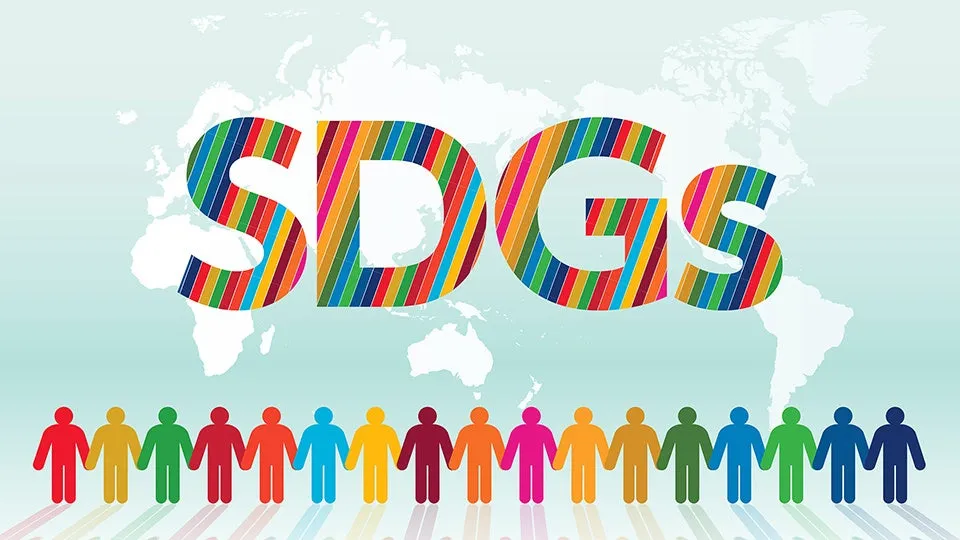
The Current State of SDGs Awareness and Education in Japan
Understanding the Continuous SDGs Awareness in Japan
In a world increasingly facing challenges such as climate change and conflicts among nations, awareness of Sustainable Development Goals (SDGs) has become more crucial than ever. A recent survey conducted by Cross Marketing in June 2025 sheds light on the current awareness level of SDGs among the Japanese population and their perceptions of climate change action.
Survey Overview
The survey included responses from 3,000 individuals aged between 18 and 69, ensuring a representation of the diverse demographics across Japan. The findings show a stable SDGs awareness rate of 83%, consistent for the fourth consecutive year since 2022.
Key Findings on SDGs Awareness
1. Demographic Insights:
- The awareness rate is notably rising among women in their 40s and 60s, indicating a potential shift in their engagement with social issues. Conversely, awareness seems to be declining among younger women aged 18 to 29.
- Interestingly, only 15% of those aware of SDGs reported receiving any formal education about it in schools or workplaces, a slight drop from previous years. However, education percentages are higher (29%) among the 18-29 age group, which could reflect the influence of academic institutions.
2. Impactful Channels of Information:
- Participants were asked where they most recalled learning about SDGs. The results highlight that older generations primarily receive information from television programs and online news articles, whereas younger individuals tend to engage more with platforms like YouTube and social media.
- Among the top resonant themes extracted from these channels was the message of individual actions against climate change, often highlighted in television broadcasts or social media campaigns.
- Yet, the sentiment surrounding SDGs on social media platforms like X tends to reflect skepticism, pointing to a general exhaustion with the lip service often associated with these discussions.
Recognition of 17 Goals
The survey also evaluated recognition and perceived importance of the 17 SDGs.
- - The goals with the highest recognition rates included "No Poverty," "Gender Equality," and "Zero Hunger," each acknowledged by over 30% of respondents.
- - However, a contrasting perspective emerged regarding their importance: the top three were found to be "No Poverty," "Zero Hunger," and "Good Health and Well-Being," while "Gender Equality" lagged behind in perceived significance despite its high recognition.
Related Terms Awareness
The awareness rates for related SDGs terms include:
- - "Food Loss"
- - "Renewable Energy"
- - "Local Production for Local Consumption"
- - "Sustainable"
Conclusion
As we approach the 2030 deadline for achieving the SDGs, the need for enhanced education and effective dissemination of information becomes imperative. Given the mixed perceptions and the fluctuating awareness levels across different demographics, it is essential for policymakers and educational institutions to foster dialogues and campaigns that aim not only to raise awareness but also to encourage actionable engagement towards climate change and sustainable practices.
By promoting consistent messaging through trusted media channels, nurturing educational frameworks in schools and workplaces, and leveraging the influence of social media responsibly, Japan can enhance the public's understanding and commitment to the SDGs, paving the way for a more sustainable future.
For additional insights and complete survey results, you can download the full report from Cross Marketing's official site here.
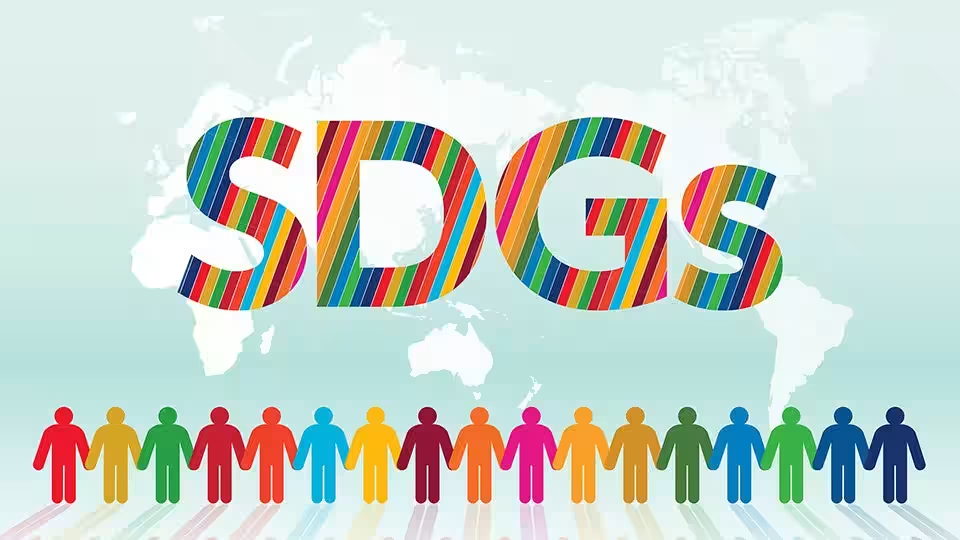



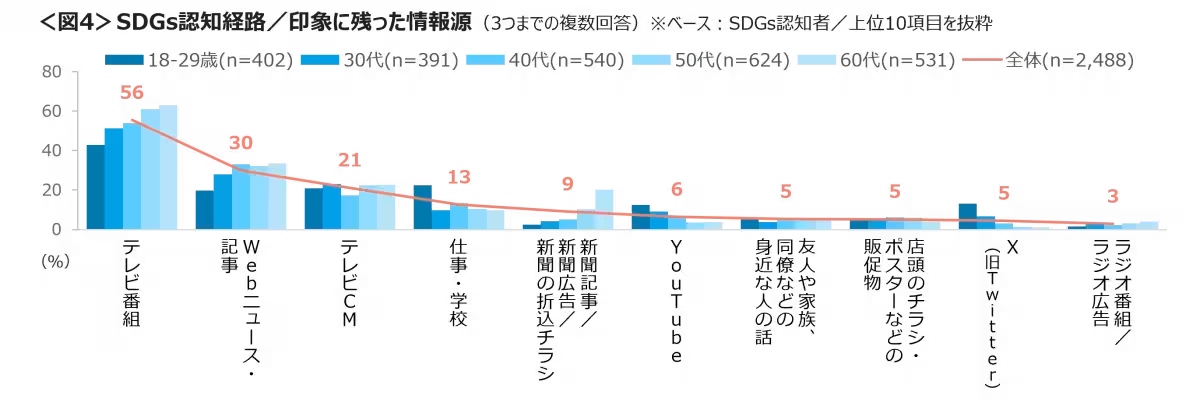
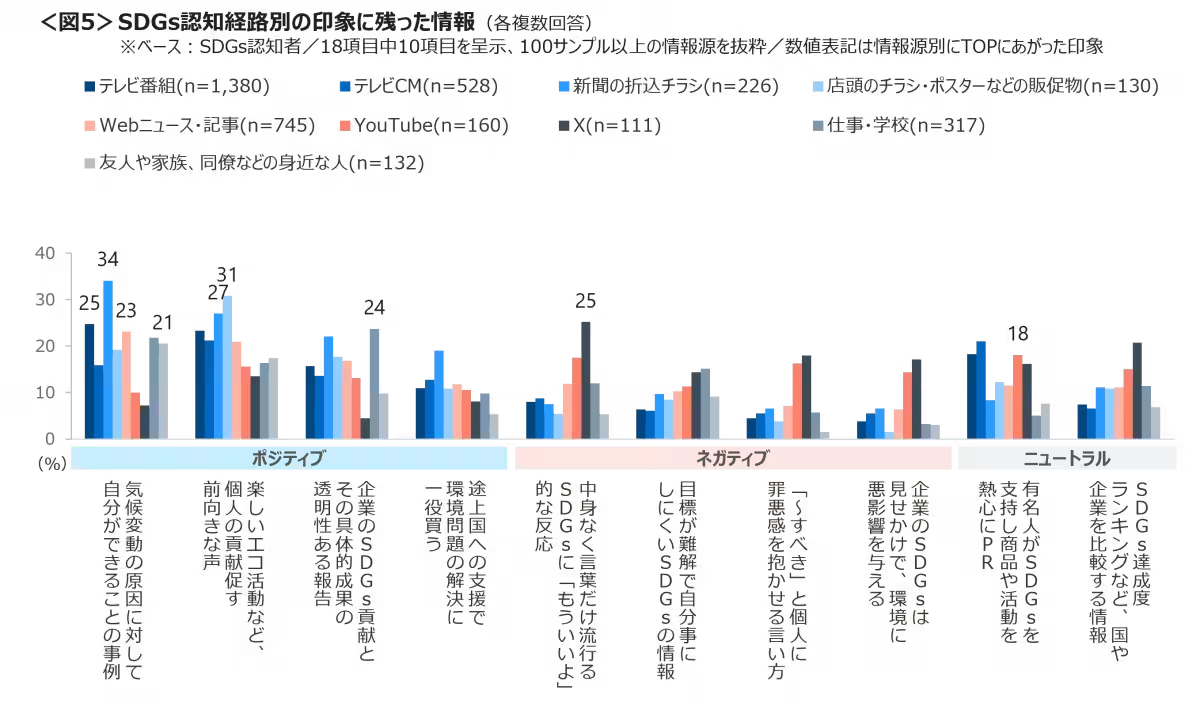
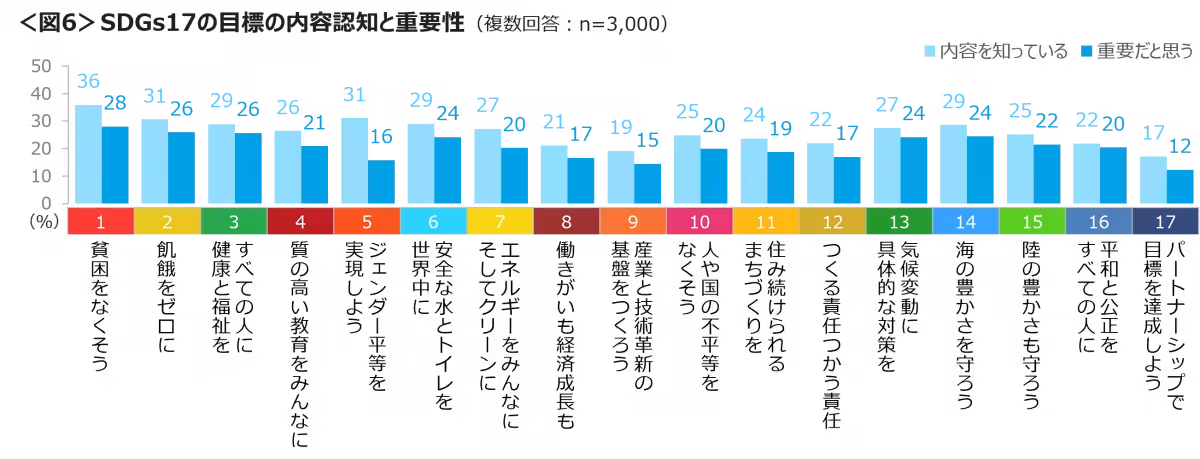

Topics People & Culture)










【About Using Articles】
You can freely use the title and article content by linking to the page where the article is posted.
※ Images cannot be used.
【About Links】
Links are free to use.